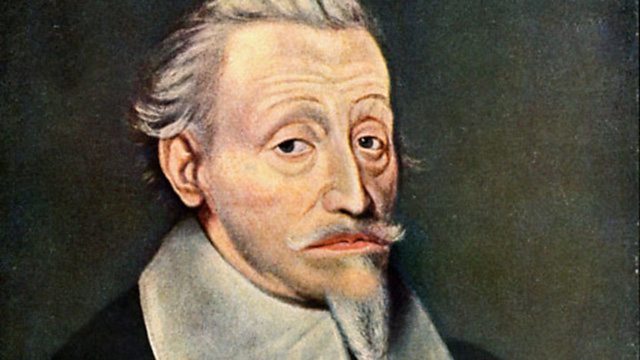In the rich tapestry of music history, certain individuals stand out as pioneers who shaped the course of their era. Heinrich Schütz, a German composer of the 17th century, is one such luminary whose contributions forever altered the landscape of Baroque music. Born in 1585, Schütz’s remarkable life journey and his groundbreaking compositions have left an indelible mark on the world of classical music. In this blog post, we delve into the captivating biography of Heinrich Schütz and explore the profound impact he had on the evolution of musical expression.
Early Life and Musical Education:
Heinrich Schütz was born on October 8, 1585, in Köstritz, Germany. From an early age, his exceptional musical talents were recognized, and he received a comprehensive education in music and humanities. At the age of 13, he became a choirboy at the court of Landgrave Moritz of Hesse-Kassel, where he had the opportunity to study under the renowned composer and organist, Giovanni Gabrieli.
Italian Sojourn and the Birth of Musical Influences:
In 1609, Schütz embarked on a life-changing journey to Italy, where he studied with the eminent composer Giovanni Gabrieli’s nephew, Claudio Monteverdi. This experience exposed him to the vibrant musical developments of the Italian Renaissance and provided him with invaluable insights into the intricacies of the madrigal, opera, and other contemporary forms. Schütz’s exposure to Italian music during this period would profoundly shape his own compositions and mark a significant departure from traditional German polyphony.
The Kapellmeister Years:
Upon his return to Germany, Schütz assumed the position of Kapellmeister (chapel master) to the Elector of Saxony in Dresden, a prestigious role he held for nearly five decades. His tenure allowed him to establish himself as a preeminent figure in German Baroque music. Schütz’s duties involved composing sacred music for the court chapel, organizing performances, and teaching students, thereby nurturing a new generation of musicians.
The Works of Heinrich Schütz:
Schütz’s oeuvre comprises a diverse range of compositions, with a particular emphasis on sacred music. His works blend the expressive melodic lines of the Italian style with the profound religious sentiment of German choral music. Among his notable compositions are his “Symphoniae sacrae,” a collection of sacred concertos considered a crowning achievement of the era. These works demonstrate his mastery of vocal and instrumental writing, captivating listeners with their rich harmonies and poignant spirituality.
Schütz’s Influence and Legacy:
Heinrich Schütz’s innovative approach to composition greatly influenced subsequent generations of composers, leaving an enduring legacy that helped shape the transition from the Renaissance to the Baroque era. His incorporation of expressive text settings and emotional depth paved the way for the works of Johann Sebastian Bach, who regarded Schütz as one of his most significant musical influences. Moreover, Schütz’s role in introducing Italian musical styles to Germany fostered a cultural exchange that proved vital to the development of music in both countries.
Conclusion:
Heinrich Schütz’s life and music exemplify the transformative power of artistic exploration and cross-cultural exchange. His groundbreaking compositions, deeply rooted in the spiritual and emotional realms, continue to resonate with audiences today. By bridging the gap between German and Italian musical traditions, Schütz emerged as a trailblazer of his time, heralding a new era in Baroque music. His legacy as a visionary composer and his unwavering commitment to his craft cement his place among the great masters of Western classical music.


Comments are closed